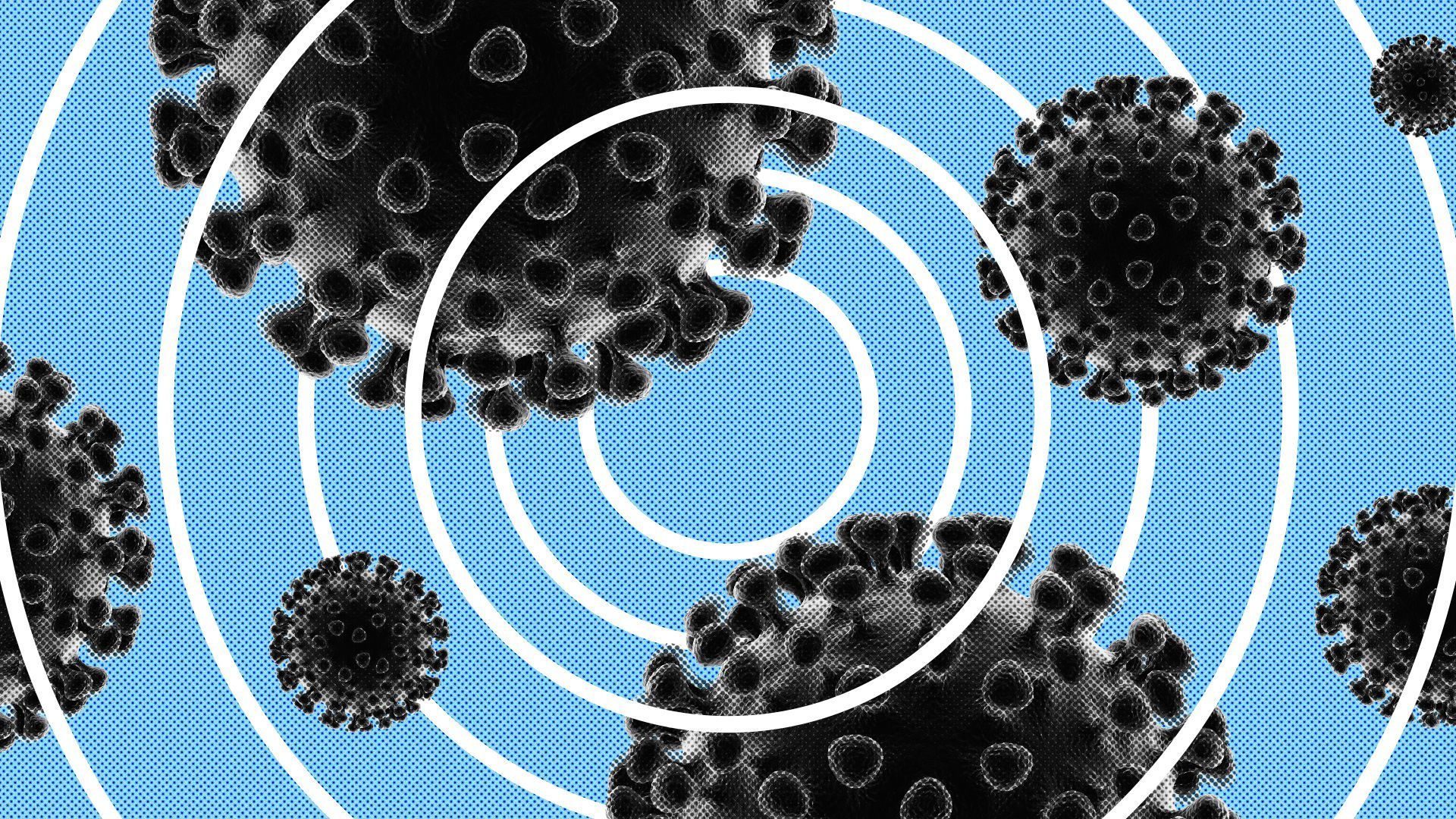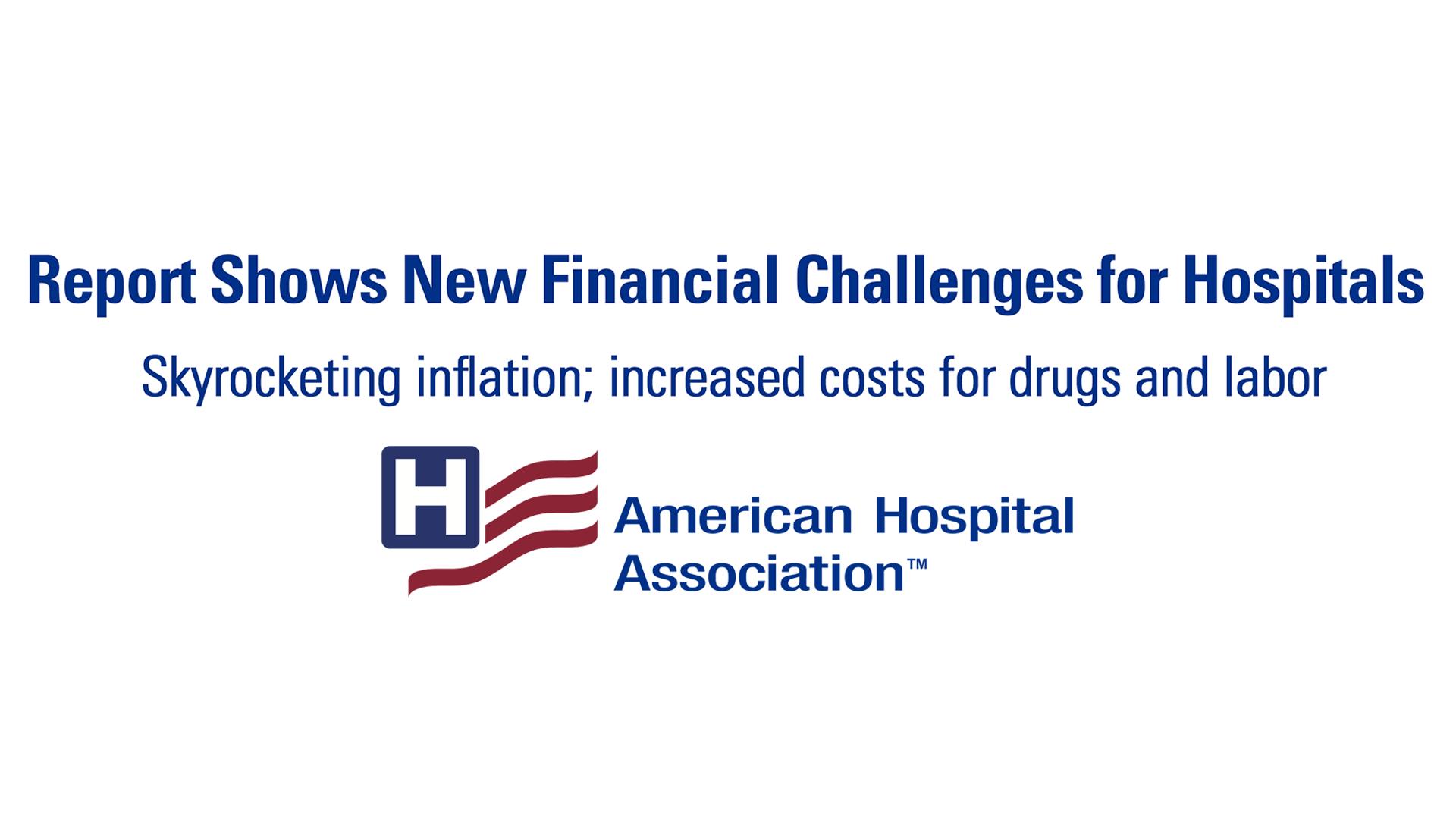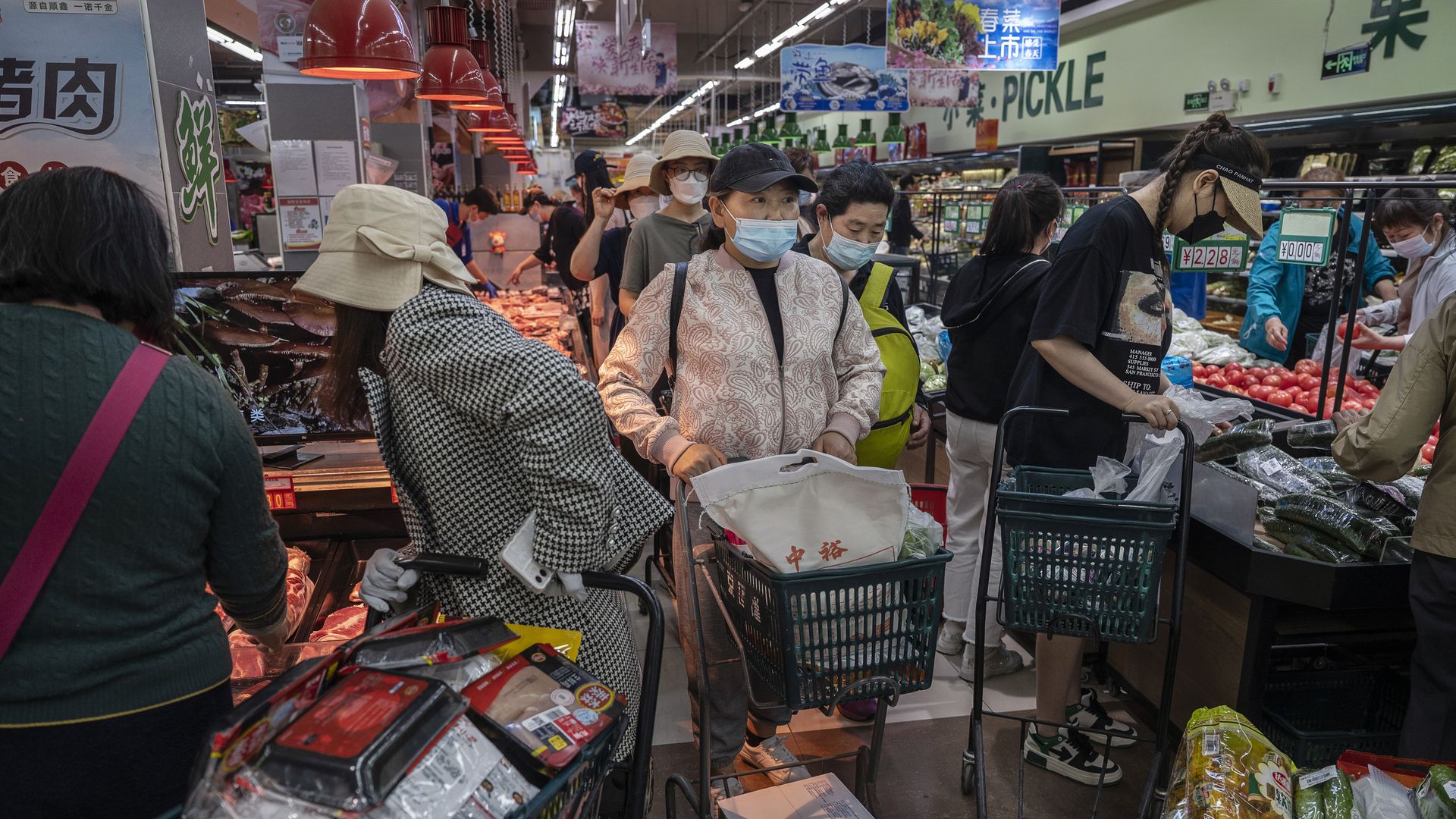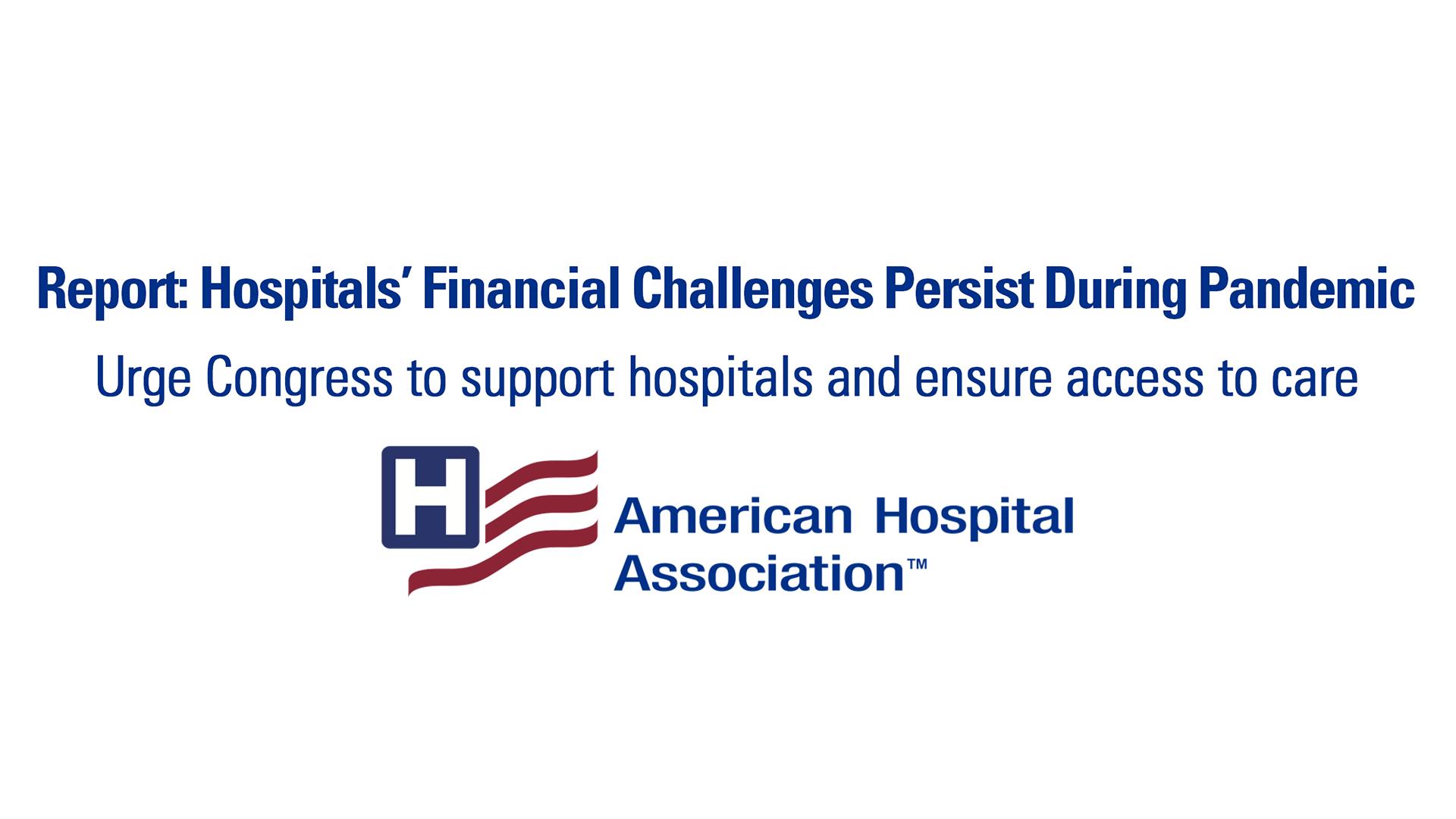Plus: Study finds family fallout from COVID hospitalizations | Tuesday, April 26, 2022
| | | | | | | Presented By American Hospital Association | | | | Axios Vitals | | By Tina Reed · Apr 26, 2022 | | Good morning, Vitals readers. Today's newsletter is 874 words or a 3-minute read. | | | | | | 1 big thing: Biden's push to increase COVID treatment uptake |  | | | Illustration: Annelise Capossela/Axios | | | | The Biden administration is attempting to address its latest COVID problem: There are plenty of oral treatments, but only a fraction of the available federal supply is reaching patients, Axios' Caitlin Owens writes. Why it matters: A large part of the justification for dropping pandemic precautions is that we now have effective COVID treatments available for people at risk of severe illness. The question is how easily patients can get them. Driving the news: The administration is announcing a series of actions this morning aimed at making oral antivirals more accessible — and to make sure patients and providers know about them. - As of this week, pharmacies in the federal antiviral program will be allowed to order doses directly from the federal government.
- The administration will also establish new federally supported test-to-treat sites and ramp up efforts to educate providers and the public about the availability of the oral antivirals and who should take them.
State of play: Paxlovid, Pfizer's highly effective antiviral pill, was in short supply a few months ago when it was first authorized for use, but that's no longer the case. - The federal government is now making 175,000 doses of Paxlovid available each week, according to HHS data.
Yes, but: States are ordering less than half of the doses that the federal government has made available to them, and are using only around half of what they order, a senior Biden administration official told Axios. - In total — including the federal test-to-treat program and what states have ordered — around 47,000 doses were administered the week of April 17.
- Patients and providers may also still be acting as if there's a shortage of pills.
- So the administration is trying to "really drive home that we've got enough Paxlovid for patients who meet the [FDA] criteria," an official told reporters.
Related: FDA approves first COVID treatment for children under 12 |     | | | | | | 2. Private equity hits homecare | | After private equity giant KKR spent $1.3 billion to buy group home operator BrightSpring Health Services, conditions deteriorated to the point many residents were "consigned to live in squalor, denied basic medical care, or all but abandoned," BuzzFeed News reported. Why it matters: Private equity's presence in health care is growing. But so is scrutiny of its practices to boost revenues. Driving the news: From March 2019, when KKR took over BrightSpring, to the end of 2021, its homes were cited for "dangerous conditions at a rate well above the average," BuzzFeed found. - Homes were understaffed and quickly losing workers while facing pressure to grow and keep beds occupied, they reported.
The other side: KKR said the report was "grossly misleading." BrightSpring sent a similar statement, and called BuzzFeed's findings "inaccurate, misleading and fundamentally flawed." |     | | | | | | 3. The wider impact of COVID hospitalizations |  | | | Illustration: Shoshana Gordon/Axios | | | | More than six out of 10 family members of COVID patients admitted to intensive care said they experienced post-traumatic stress symptoms months later, Axios' Adriel Bettelheim writes about new research in JAMA Internal Medicine. Why it matters: The study and other recent analyses cast light on how COVID-era hospital visitation restrictions contributed to stress-related disorders in people who couldn't be at the bedside of a critically ill relative — particularly for Hispanic families. Details: The researcher found 63.6% of family members had significant post-traumatic symptoms three to four months after admission. - Before the pandemic, symptoms of PTSD were estimated to occur in approximately 30% of family members of ICU patients.
- Hispanic family members scored higher for PTSD symptoms and generally reported fewer observed instances of compassionate care by health workers.
- The study covered 330 family members of COVID patients admitted to 12 hospital ICUs through the first half of 2020.
Between the lines: Prior studies have found those identifying as Hispanic are more likely to use touch at the bedside and be involved in patient care and that bedside care rituals may help reduce psychological distress, researchers noted. |     | | | | | | A message from American Hospital Association | | Ensure the care is always there | | |  | | | | Mounting financial challenges threaten access to care as hospitals and health systems around the country struggle with rising input costs and reductions in Medicare payments. Next steps: They need additional support from Congress. Read the new report. | | | | | | 4. Research flags growing superbug risks |  | | | Illustration: Eniola Odetunde/Axios | | | | Drug-resistant mold is increasingly causing lung infections among susceptible people, according to a new study out of the U.K. published in the journal Nature Microbiology. The big picture: It was among several studies released this week warning about an uptick in antibiotic resistance threats and raising the specter that previously treatable infections could spread unchecked. - The study found six cases of people who'd been infected with a drug-resistant fungus called Aspergillus fumigatus traced back to spores in the environment. While most individuals can clear the spores from such fungus, the immunocompromised are more vulnerable, researchers said.
- In another analysis presented over the weekend at the European Congress of Clinical Microbiology and Infectious Diseases, researchers reported they found dangerous superbugs could spread from pigs to humans, the Guardian reports.
- And yet another study presented at the Congress suggested the COVID pandemic may be accelerating antimicrobial resistance.
What they're saying: "As health care capacity remains at the forefront of everyone's mind, it will be critically important to keep a pulse on the growing impact of drug-resistant infections," said Vikas Gupta, of the medical technology company Becton Dickinson, a researcher in the COVID study. |     | | | | | | 5. Pic du jour |  | | | Photo: Kevin Frayer/Getty Images | | | | People crowd as they shop for food at a supermarket in Chaoyang District in Beijing on Monday. - A citywide testing order in the capital city sparked fears of a lockdown and panic-buying, as China looks to contain a spike in COVID cases, the Wall Street Journal reported.
|     | | | | | | A message from American Hospital Association | | Ensure access to care and support hospitals | | |  | | | | Hospitals and health systems continue to face enormous challenges from the pandemic. Why it's important: An exhausted workforce, higher input costs and reductions in Medicare payments threaten patients' access to care. They need help from Congress. Read the new report. | | |  | It's called Smart Brevity®. Over 200 orgs use it — in a tool called Axios HQ — to drive productivity with clearer workplace communications. | | | | | | Axios thanks our partners for supporting our newsletters. If you're interested in advertising, learn more here.
Sponsorship has no influence on editorial content. Axios, 3100 Clarendon Blvd, Suite 1300, Arlington VA 22201 | | | You received this email because you signed up for newsletters from Axios.
Change your preferences or unsubscribe here. | | | Was this email forwarded to you?
Sign up now to get Axios in your inbox. | | | | Follow Axios on social media:    | | | | | |









No comments:
Post a Comment